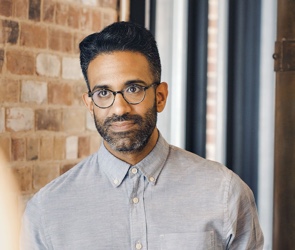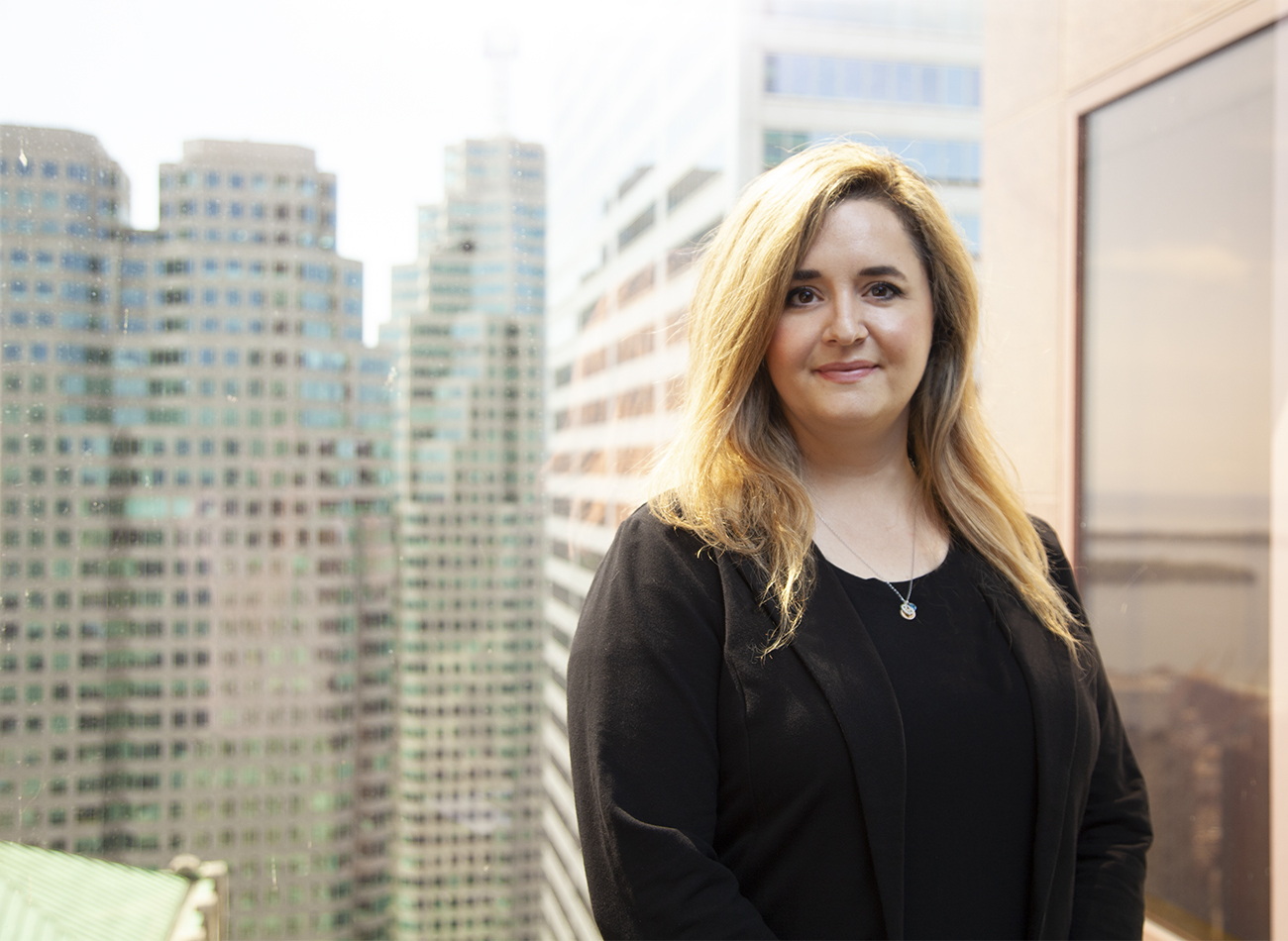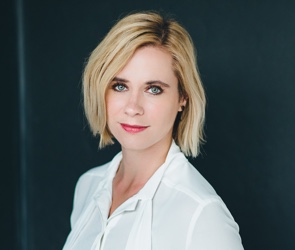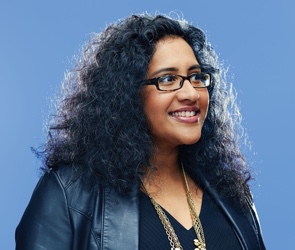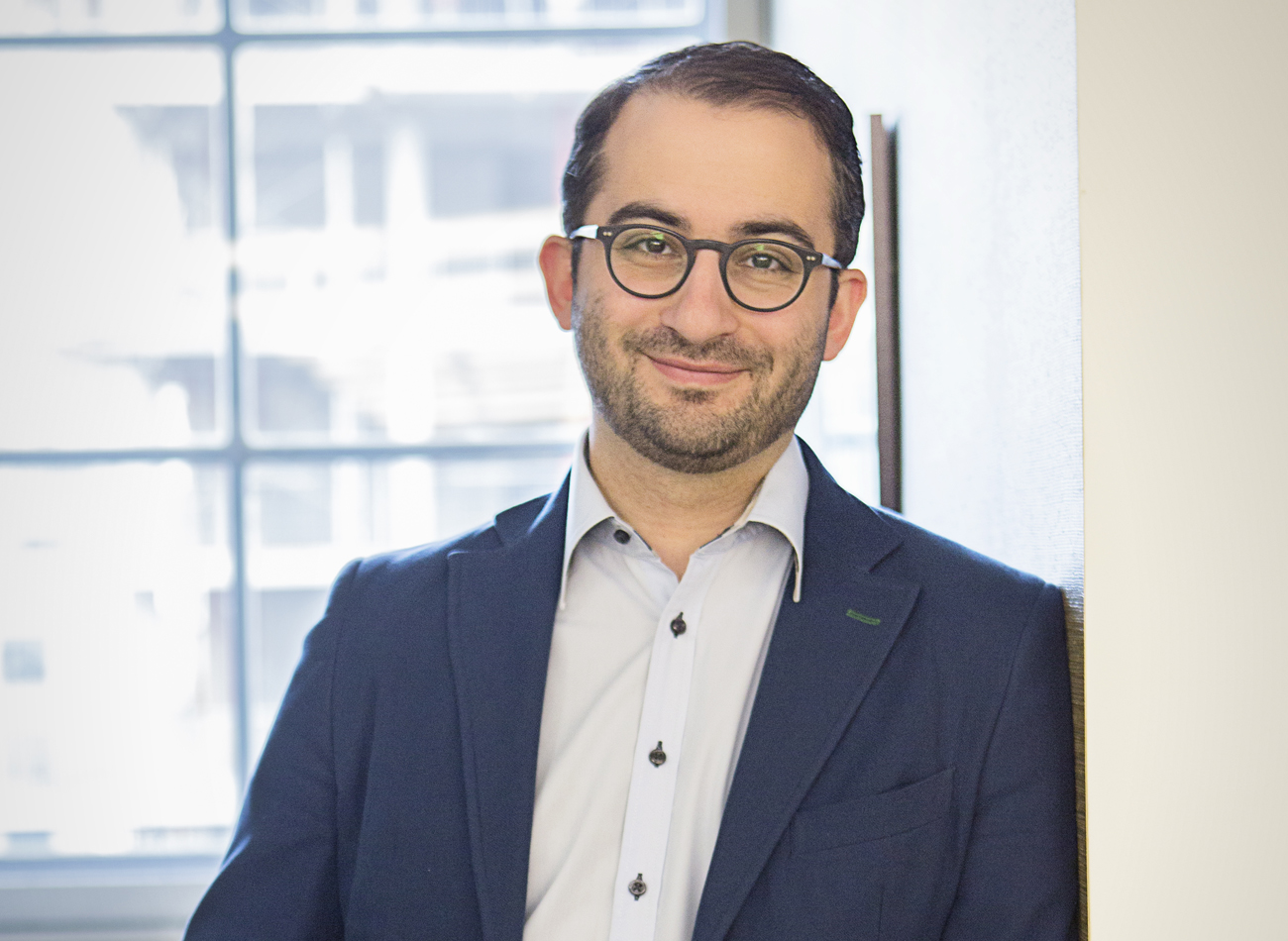
If we asked you to close your eyes and picture a lawyer who fights for the rights of Indigenous people, chances are you wouldn’t envision a young bespectacled Jewish man from an affluent neighbourhood north of Toronto. But for Corey Shefman — a litigator at Olthuis Kleer Townshend LLP, a leading firm that serves the Indigenous community — the fact that his own cultural community has been the subject of oppression and victimization was key to his career choice. “It made me conscious of my responsibility to work for justice for those who don’t currently have it,” says the 32-year-old. Here, he explains what makes his work unique, what challenges he faces and how he feels he’s making a difference.
How did you first become involved with Indigenous issues?
Growing up in Thornhill, Ont., Shefman admits he was largely ignorant of the challenges that Indigenous people encounter in Canada on a daily basis. It wasn’t until he took an introductory course on the topic, as an undergrad at McGill University, that he began to understand. “That really opened my eyes about the struggles they face and my own privilege. And it set me on this career path.”
What kind of cases do you take on?
Shefman’s files run the gamut from environmental issues and administrative law to defamation and human-rights grievances. One recent case centred on an inquest into the death of a 26-year-old Indigenous man with epilepsy. He died while in jail because he was not provided with his medication, so an inquest was called to investigate how systemic racism may have played a role in his death. Shefman represented the man’s widow, who testified at the proceedings.
As a litigator, how do you prepare for a case?
Shefman flies across the country to meet with clients and makes sure to consult everyone involved — including community members, elders and civil servants — and will find a translator, if needed. “Because I’m not Indigenous, listening is the number one thing I do.”
How often are you in court?
On average, Shefman is in court one week out of every month, but he spends most of his time negotiating to avoid trials. “When you’re dealing with colonial institutions that aren’t aligned with the culture of my clients, going to court is always the worst option,” he says. “But sometimes you need to set a precedent.”
What’s your favourite part of the job?
Shefman is heartened when he feels he’s making a difference — like when he is able to negotiate an impact-benefits agreement with a mining company. “There are parts of Canada with conditions we would never accept in a developed country, and yet here they are in our backyard,” he says. “When I can move the needle even a little bit to make sure everyone in Canada has an equal shot, that’s the most rewarding thing.”

